Business Blogging FAQ: Add Your Question and Read Answers

It's always interesting to read FAQs posts. Some of them meet the classical definition of the term – Frequently Asked Question – but many of them are plain old blog posts. Moreover, how often do you read an FAQ and think, "yeah, that answered my question"? For me, it's a lot less often than it should be.
So today, I thought I'd make a real FAQ. This page is evergreen, it's going to be updated fairly often, and our visitors (that's you!) will fill it with real questions. To start, I've populated it with the questions I get most often - from prospective clients and existing clients.
If you have a question that wasn't mentioned in this document, please send it to me. Use whatevekeywor contact option you prefer:
- My contact form.
- The Live Chat box is in the corner of the page.
- The comment section on this post.
I'm hoping to make this a mega-post full of every conceivable question about business blogging and some you've never thought to ask.
So, without further preamble, let's dig into the questions!
 30 Second Summary
30 Second Summary
You can get answers to all your blogging questions in one place. You'll learn how blogs help with SEO by creating quality content that ranks well in Google searches. You'll discover how to find good writers, create relevant posts that match search intent and optimize your content without making it sound unnatural. You'll also understand realistic timelines - most blogs take about a year to start showing returns and paying for themselves. The important is having a solid strategy for content creation, promotion and converting readers to customers.
"Does blogging really help my website SEO?"
Yes. Today, it's nearly impossible for a website to succeed without paying a lot of money for advertising or being highly ranked in Google's search. Google's search generally favors lengthy, high-quality, and relevant content. One of the best strategies to make your site more visible, get more traffic, convert more users into customers, and make more money, is to operate a blog. If you're creating quality pages on many different topics, search engines will have more opportunities to serve those pages to new visitors.
Try searching for anything on Google. How many blog posts are ranking for that result? I'd wager that most of the results are helpful blog articles on the subject.
Blogging has many less-apparent benefits. Articles naturally attract links over time, especially high-quality ones. It helps form partnerships, and large sites will reach out to you asking for interviews, guest posts, or collaborations. Nearly all of my links on my sites (and my client's sites) are from blog posts linking to blog posts.
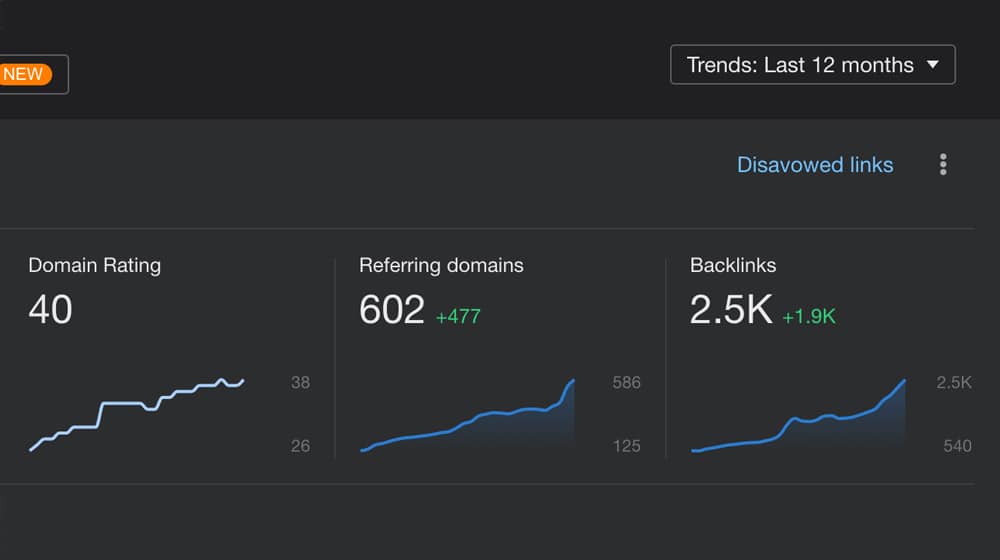
I covered these benefits in more depth in this article:
As Matt Cutts (former head of webspam at Google) said:
"The objective is not to "make your links appear natural"; the objective is that your links are natural."
Google is talented at sniffing out unnatural links; they're much better at it than marketers give them credit for. Organic links to your blog posts, however, are legitimate.
Now, blogging isn't an instant-win strategy. It takes time for a blog to rev up to full power. It's also a serious investment. A good blog isn't cheap, though you can balance monetary expense with time spent.
"How can I find writers who can write intelligently about my topic?"
This one is a tricky question!
One option is to hire a dedicated marketing agency like Content Powered. Our writers are specifically chosen because of their ability to research and write on virtually any topic with intelligence, authority, and accuracy.

If you want to hire writers on your own, you have two options.
- You can look for writers with experience in a variety of industries. These writers are most often experienced at researching subjects, though they may have a learning curve while learning the ins and outs of your niche, your business, and your specific topics.
- The other option is to hire writers who specialize in your industry.
Good writers are capable of writing about almost any topic. They know how to research, what sites have authority and which websites don't, and how to verify and check facts. Poor writers will tend to produce superficial, bare-minimum content that will confuse search engines and visitors.
Unfortunately, it can be challenging to determine whether a writer is good or not at first glance. Often, the best way to find out is to commission them for a few test posts of varying degrees of intricacy and judge what they produce. Or, of course, you can hire a proven company.
It's essential to keep in mind that writing great content is only half of the battle. Content marketing requires research, formatting, editing, graphic design, SEO optimization, rank tracking, edits, community management, and many other moving parts. If your business requires that you hire a specialist writer to create very complex content on a difficult subject, you'll likely also need to hire a team to take care of those other responsibilities.
Lastly, there's always the possibility of a hybrid partnership. Some of our clients have more difficult content or are pickier (as they should be) - we appreciate their feedback on our content, and they help guide the direction of the article and give us resources that we can use to use in their blog posts. They are the maestro, and we are the orchestra.
"How can I create more relevant blog posts?"
The key that generally takes my clients from mediocrity to targeted, focused writing is understanding search intent.
When someone searches for a keyword or topic on Google, they have a goal in mind. They might want to learn about a topic. They might need instructions. They might want to see if an item is in stock at a local business. There are countless reasons.
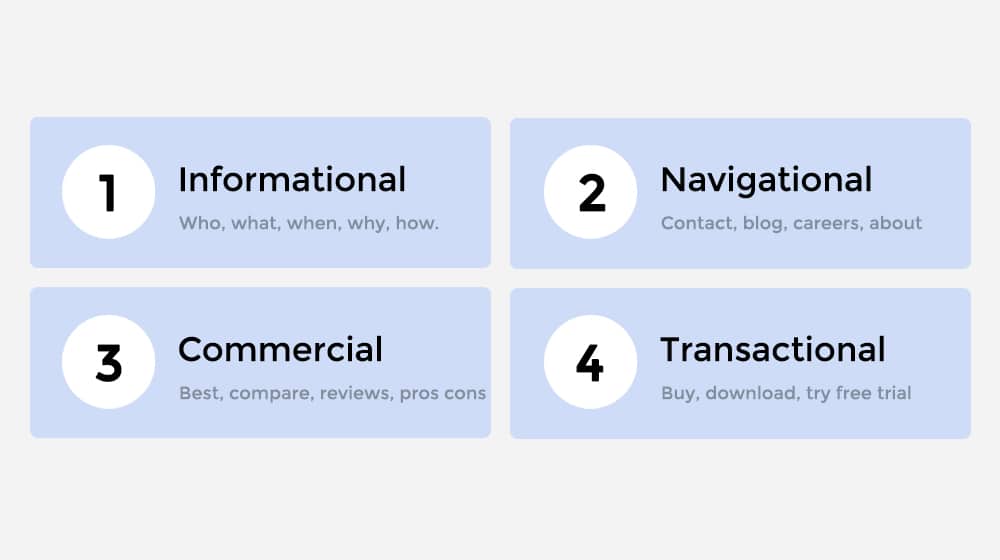
Your goal is to determine the most common reasons a user might search for topics relevant to your business and then figure out what kind of content would satisfy them. Then, produce that content.
It's not enough to write about a keyword; you have to know the "why" behind that keyword being searched. Once you do, you'll be able to align your topic with user intent and capture much more traffic from every post. This step is one of the most overlooked parts of blogging and content marketing, especially for your average business outsourcing their blog posts.
Relevancy is all about satisfying the reader's query.
Google will be happy that they did their job, the readers will be pleased that they got the information they were looking for, and you'll be satisfied that your blog post is now a strong performer. Everybody wins.
"If I focus on SEO content, will my blog sound crappy?"
Maybe! If you remember the old days of SEO content, you'll recall 300-word posts where writers used long keyword phrases like "pest control in northern Kansas City" ten times throughout the article. It sounds unnatural because it is.
The truth is, "SEO content" typically means content that has been over-optimized for search engines, often with a poor understanding of what Google and visitors want to see.

Luckily, those strategies no longer work. Google's algorithm is vastly more sophisticated than it used to be. They care a lot more about the quality, readability, accuracy, and user experience of content than they do about specific keywords.
Modern blogging focuses more on a conversational tone, with easy-to-read, informative, and actionable content whenever possible. That is what modern-day SEO is, and that's what you should be producing.
"How long does it take for blogging to start working?"
It varies! It largely depends on how much existing influence you have and how much money you're willing to spend. An influential person like Darren Rowse, Neil Patel, or Seth Godin can start a new blog and be successful in weeks simply due to their influence. Any blogger with a sufficient budget can pay for the content, advertising, and marketing required to grow a blog into a top performer in a matter of months.
For most small businesses, mid-sized businesses with small budgets, or newcomers to blogging, a blog generally takes around a year to start showing returns. The time it takes for your blog to grow can vary depending on how frequently you publish content, how well you perform topic research, and if you get lucky enough to earn any great backlinks right away, but that's a general estimate.
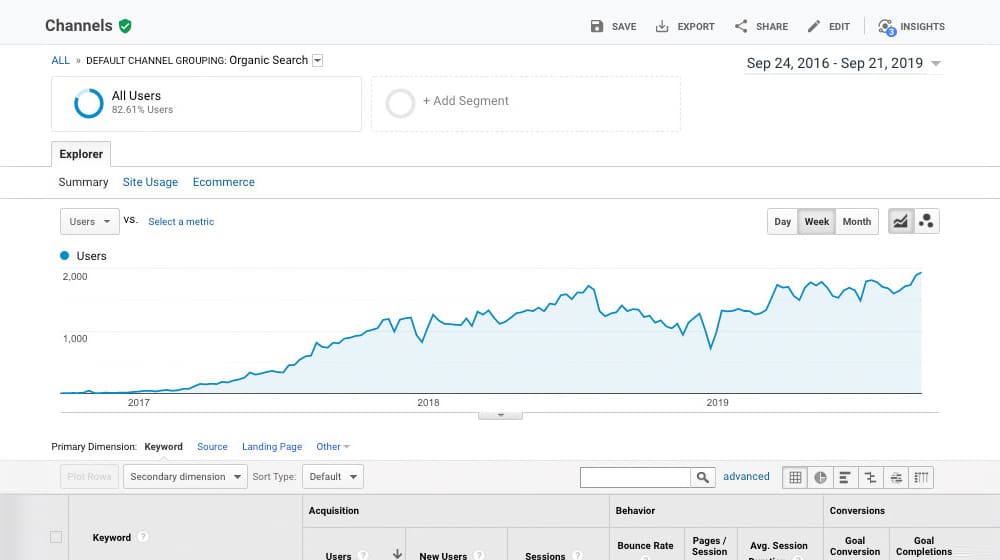
There are a lot of factors here. If your site is slow and has a poor user experience on mobile, it may never perform how you want it to. If you have unnatural links or a penalty or plagiarized content on your site, that will also stall your results.
As Codeless (a fellow content marketing agency) puts it:
"Marketers suck at writing. Writers suck at marketing. "
Assuming that you have someone that knows what they're doing (and your website is perfectly optimized and targeting ideal topics with quality content), most blogs start paying for themselves in about one year. Your margins and average ticket price for your products are other factors, but as a whole, this is a good rule of thumb.
"How long does it take for blogging to pay for itself?"
What about the break-even point? Blogging is an investment between paying for content, images, development work, and management. When will you make enough money for the blog to pay for itself?
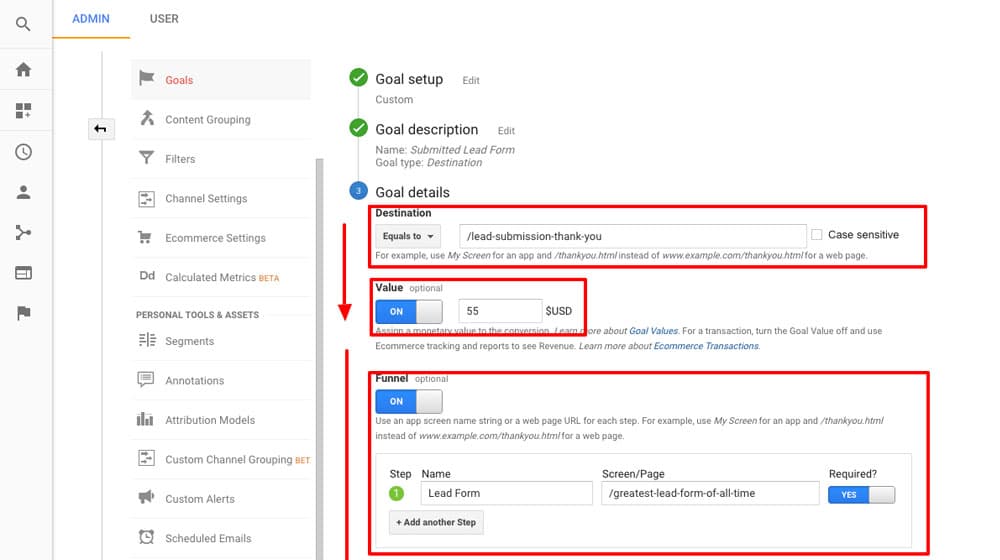
Your ROI depends heavily on a few things:
- How much money and effort you're investing into running your blog.
- How effective you are at converting readers into customers.
- Your margins, average ticket, conversion rate, and demand.
- Your product or services are available internationally or worldwide.
If you have a very high conversion rate for moderately valuable products, you can break even in a matter of months. If you have low-value products, low conversion rates, and low volumes of traffic, it can take years.
Part of expert content marketing is including calls to action in your content writing. There's a lot of testing and iteration involved, as well. Truthfully, it's impossible to answer this question accurately without looking at your specific situation. If you would like a direct consultation, feel free to shoot me an email or give me a call.
"How can I check my current blog posts to see if they're any good?"
What you're looking for is called a "content audit." A content audit looks at your entire blog and analyzes every post.
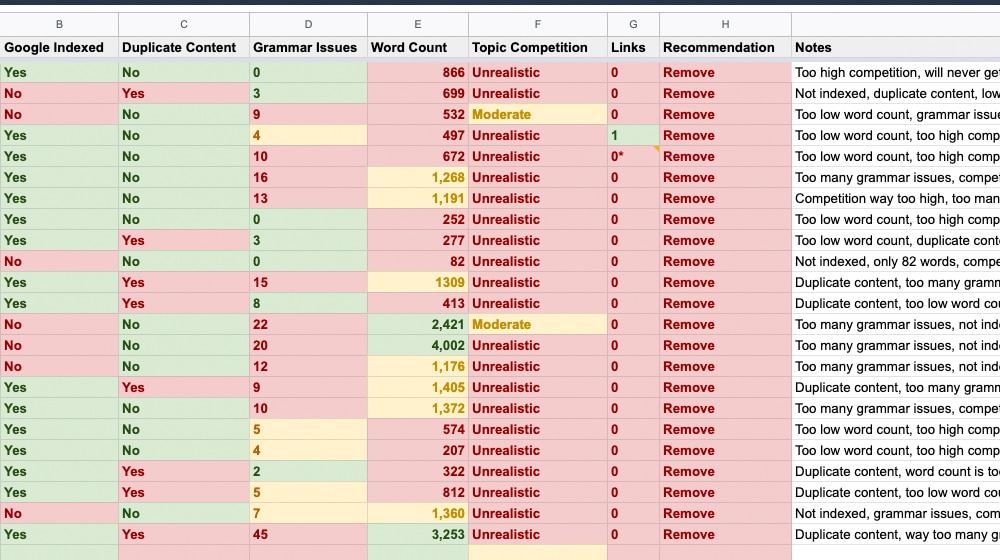
It typically compiles a spreadsheet that includes key information about every post, such as:
- Title
- Meta Title/Description
- Word Count
- Target Keywords
- URL
- Organic Traffic
- Backlink Profile
- Social Shares
- Existing Comments
- Whether Or Not Duplicate Coverage Exists
- Grammar Check
- Google Index Check
- Anything Else Relevant
You then analyze which posts are above a quality threshold that makes them worth keeping, which ones have potential but should be expanded or merged with other posts, and which ones are not worth keeping around. By making this determination, you can then improve your existing blog, get an SEO boost from doing so, and leverage that to promote fresh new content.
I wrote a detailed guide on how to perform a content audit here:
You can do it yourself, or contract a marketing company to do it for you and give you a report. We typically perform full content audits with new clients in the first month or two.
"I get a ton of outreach emails for my blog. What should I do with them?"
One of the essential elements of SEO is links pointing to your site from other, better websites. Everyone who has a blog with any traffic at all will eventually start getting these emails. So, people who want to build up their SEO reach out to sites asking to publish a guest post with a backlink to their site.
They may make all manner of promises about the quality and relevance of the article, but usually, they're not valuable to you.
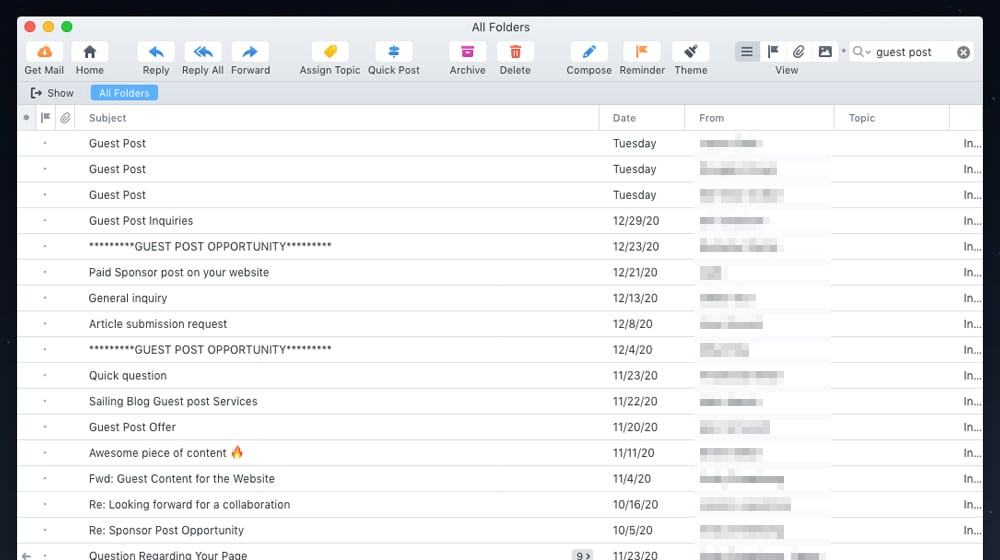
You have two options for dealing with these. The first is to ignore all of them. I'd say 99% of them are from people who build a list of thousands of email addresses and shotgun out identical emails to all of them. They're also likely promoting low-quality sites that aren't worth your consideration. Ignoring them is generally safe.
The other option is to check into who the person is and what site they want to mention. Blogger outreach is a legitimate technique, and many high-quality marketers also do it without abusing it. These generally fall through the cracks, though, as we (as managers of these email inboxes) become blind to them.
Some might send you an email and hope you recognize them. Those can be worth accepting.
However, it's rare enough that I generally don't recommend that novices spend the time on it. A legitimate marketer will generally network with you in other ways, such as on social media, in your blog comments, or even in person first.
"How do I steer my visitors towards becoming customers?"
This practice is called "conversion rate optimization."
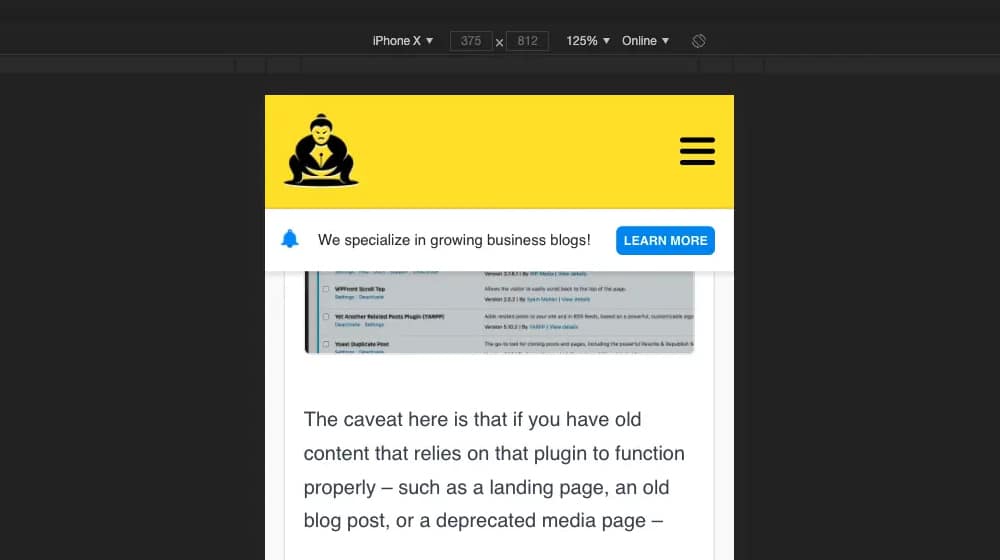
It's all about the user journey.
- Know why your users are finding you. What do they want when they search? What are they hoping to find? Provide that to them, and you will build trust and authority with them.
- Have something compelling to offer. Steering people towards conversions is fundamental, but you may have intermediary steps, such as signing up for a mailing list, that come first. Have something to offer your readers, whether you can pitch a coupon, a free trial, a content upgrade, or something else appealing. You'd be amazed at what a free offer can do to your conversion rates.
- Put your call to action in front of the right eyes. Some people find your site with the intent to make a purchase, so provide them the avenue to do so. You might be able to embed product listings in your blog posts, send them to landing pages, or offer them a deal before they leave. Make sure that any product or service mentions are subtle and used sparingly - you don't want to give search engines and visitors the wrong idea and appear biased. Overly promotional content can hurt your performance.
Conversion rate optimization is a massive subject, but your blog plays a large part in attracting the people who can eventually become customers and building up their trust in you and interest in your products.
"What are the easiest ways I can get more performance out of my blog?"
The specific answer to this question depends on the state of your blog.
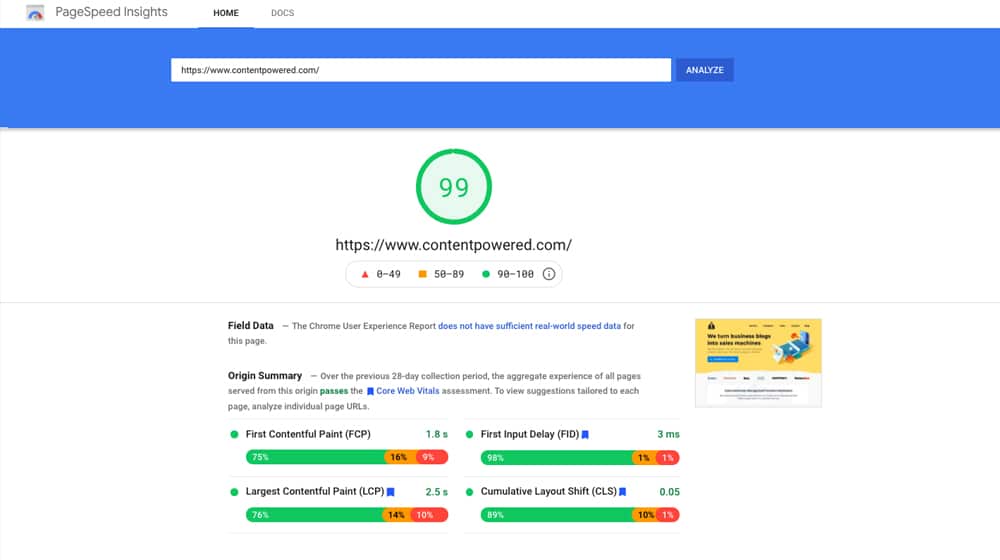
Here are just a few of the most common tips and tricks you can use to get more performance from an existing blog:
- Perform a content audit and remove blog posts that are far enough below modern quality standards that they're likely holding you back.
- Noindex or remove thin and low-quality pages, such as WordPress attachment pages.
- Take action to speed up your site's load time by compressing images, minimizing scripts that block page rendering, and using a caching plugin.
- Improve the blog post font size, spacing, formatting, colors, padding, margins, and overall user experience.
These are some of the more common issues with blogs, especially older blogs operating before 2011 when Google dramatically changed its quality standards.
There are literally hundreds of ways to squeeze extra performance out of your blog, though. The easiest way for me to answer it is if you were to call me for a consultation.
"What's the best way to come up with ideas for content?"
Topic ideation and keyword research is a complex subject! A large part of what I do for my clients is handle all of that for you.

Here's my process:
- Pick a general content type, such as evergreen, linkbait, resource, or clickbait post.
- Perform keyword research to identify viable topics to cover.
- Analyze competing articles for their difficulty and traffic numbers and how well they fit your brand.
- Perform competitive analysis using our ACESEO Method to determine how viable the subject is.
- Generate titles and coverage ideas for the topic.
- Rinse and repeat.
You can read more about this in greater detail here. You can also perform these same steps yourself, though it can take some experience to figure out just what to look for in a topic.
"How should I be promoting my blog?"

Promoting a blog post can be done in several ways.
- If you write a blog post where you link to an authoritative site, you can send it to the site's author and see if they promote it to their audience.
- Social Media. Posting your link on Facebook, Twitter, LinkedIn, Reddit, and other websites can get you a lot of organic traffic and interest.
- Paid Promotion. Paying to boost posts on social networks, or paying for PPC advertising directly to your best content, can convert money into traffic.
- Once a post has been live for a while, you can take advantage of large sites by syndicating your content on them, such as LinkedIn Blogs or Medium. You could even provide a small excerpt of your content on those sites, using a link at the bottom to keep reading on your site.
Over time, you will develop what I call a "promotion engine," a pattern of sharing and promoting a post that you do out of habit for every post you publish. You can even set up automation to do some of it for you!
"How should I handle comments on my blog?"
Blog comments are valuable to a blog, but they can also be a significant source of spam. Prominent marketers like Neil Patel estimate that as much as 40% of the content in their best blog posts is from their conversations with engaged users in their comments!
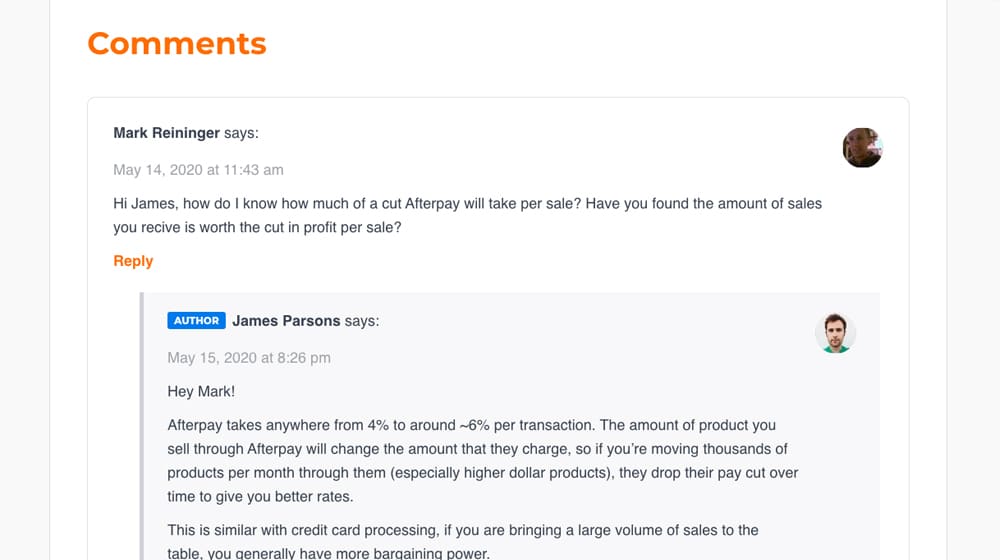
On the other hand, some prominent bloggers like Seth Godin don't even have comments enabled on their site. He's leaving a lot of content off the table, but then again, Neil Patel's site is quite a bit larger and has higher traffic.
I recommend installing a spam filter and moderating your comments to remove spam comments if they slip through. Without careful comment moderation, they can hurt your SEO. Nobody wants to sift through hundreds of spam comments to find the real ones, either. Otherwise, encourage comments, respond to them when you get them, and try to encourage conversation.
"How should I know which topics are the best ones?"
I covered this above and on our blog topic ideation page, but I like to pick topics like stocks.
The best idea generally isn't the first one that comes into your mind. Sure, sometimes you get lucky and hit the nail on the head, but considering the investment of time and money into your blog, taking chances isn't the best way to succeed.
I like coming up with a dozen or so topics and leaving notes about why I chose each one. Is the competition steep? Were the other articles on the subject high-quality, or was there a lot to be desired? What kind of traffic do competing articles get relative to their other blog posts, and what type of engagement are they getting? Do I have anything to add to this subject that can add value to readers?
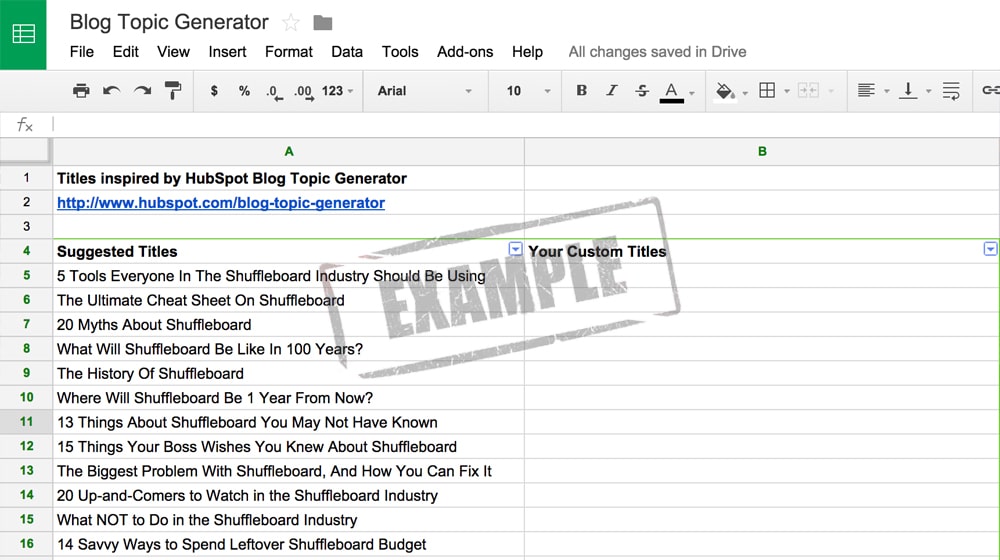
I also like to mix other keywords into a topic. Google autocomplete is excellent at this. Start typing the article topic into Google Search, and you'll see that autocomplete starts recommending things that are relevant to what you've typed so far. Occasionally, adding an extra keyword in your title can have a massive difference in the amount of traffic that article gets.
Coming up with great blog topics is one of the most difficult parts of the content marketing process. It's equal parts art and science. Some topics will be more of a gamble, where the topic is a bit competitive, but the traffic makes up for it. Others will be lower-hanging fruit with lower traffic, but you can be more confident that those posts will perform. I recommend doing a bit of each, and over time, see which ended up being your top performers (and which flopped).
Do You Have a Question About Blogging?
If you have any questions about blogging for your business, please let me know in the comments section below!
The more people that ask questions, the better of a resource this will become over time.
I'd love to hear from you. Thank you to everyone who has contributed to this list.



 30 Second Summary
30 Second Summary



August 24, 2021
Thanks for doing this James! My question for you: How do you know what topics to choose?
August 24, 2021
Hey Michael! Thanks for your question, I added it to the list with my answer!
July 11, 2022
Had the same question coming into this but your answer above was perfectly put. Thanks!
July 14, 2022
You're welcome!
December 06, 2021
This is a really good compilation of info/advice, James! I particularly like when you emphasized the need on focusing on 'why' a reader searched for a keyword. I've had far too many experiences of coming across promising articles only to be let down by the unnecessarily long and irrelevant intros. Since those encounters, I've made sure to keep myself in check to avoid others experiencing the same with my blog. To expand on that though, what's your usual strategy with the intros to your articles? Do you have a set number of words/lines you try to limit yourself to?
December 06, 2021
Hey Simon!
Thanks for the kind words, I really appreciate that!
I try to eliminate fluff wherever possible. A little fluff is necessary, especially in intros and conclusions, but I try to keep things to the point and filled with as many "nuggets" of information as possible.
I don't have a set number I limit myself to; sometimes it's a paragraph or two, and sometimes it's a much larger intro if it's a more complicated topic that needs to be set up properly before digging in.
February 20, 2024
I like the way you explained about the topic. Thank you so much for sharing all this
February 26, 2024
Hey Venkata, you're very welcome! I'm glad that you found it useful and informative. Cheers